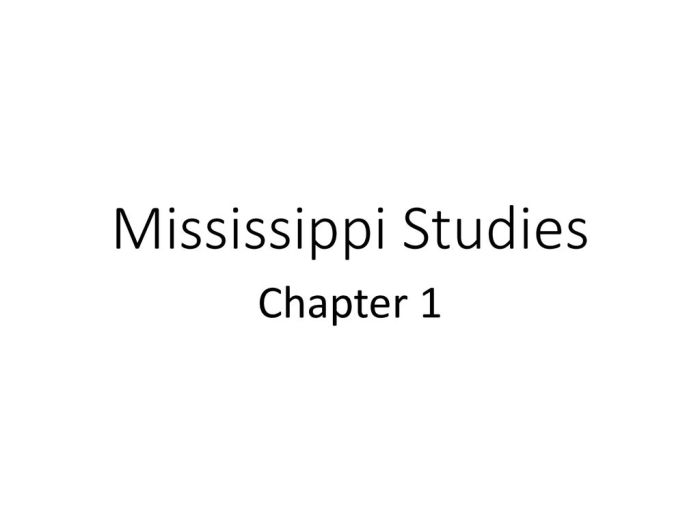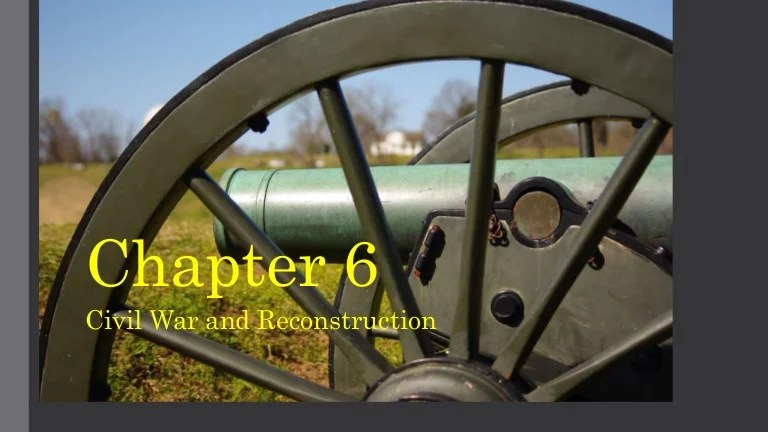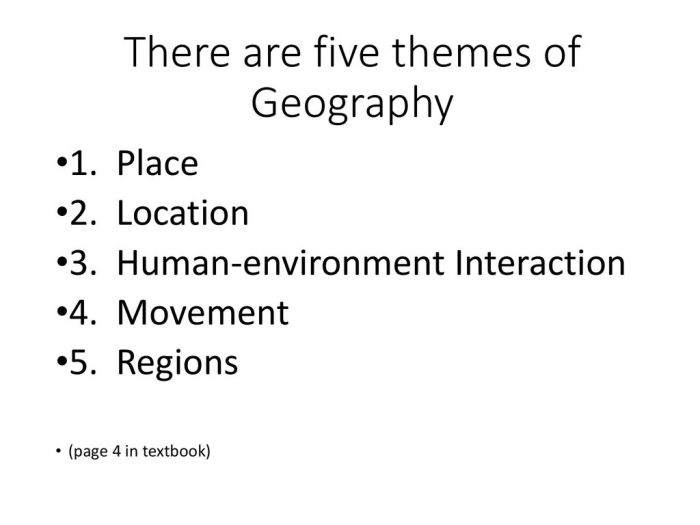Mississippi Studies Chapter 1 Vocabulary: Essential Terms for Understanding the Magnolia State embarks on a linguistic journey into the heart of Mississippi’s rich history and culture. This chapter introduces key vocabulary terms that serve as building blocks for comprehending the state’s unique identity and contributions to the nation.
From the rolling hills of the Appalachian foothills to the vibrant delta region, Mississippi’s landscape and people have shaped a distinct vocabulary that reflects the state’s complex past and present. By exploring these terms, we gain insights into the forces that have molded Mississippi into the state it is today.
Chapter 1 Vocabulary Overview: Mississippi Studies Chapter 1 Vocab

Understanding the key vocabulary terms in Chapter 1 is essential for comprehending the chapter’s main topics and concepts. These terms provide the foundation for understanding the historical events, cultural practices, and social issues discussed in the chapter. By mastering these terms, students can effectively engage with the chapter’s content and develop a deeper understanding of the Mississippi Delta region.
Chapter 1 focuses on the historical and cultural foundations of the Mississippi Delta region. The vocabulary terms introduced in this chapter are closely related to the region’s geography, history, and people. By understanding these terms, students can gain a better understanding of the unique characteristics and challenges faced by the region.
Key Vocabulary Terms
| Term | Definition | Example | Importance |
|---|---|---|---|
| Alluvial | Pertaining to soil or land formed from sediment deposited by rivers | The alluvial soil of the Mississippi Delta is highly fertile. | Understanding the alluvial nature of the soil is crucial for comprehending the region’s agricultural practices and environmental challenges. |
| Crevasse | A breach in a levee or natural embankment, allowing water to flow through | The crevasse in the levee caused significant flooding in the surrounding area. | Crevasses are a major concern in the Mississippi Delta region, as they can lead to catastrophic flooding and property damage. |
| Delta | A triangular-shaped area of land formed by sediment deposited at the mouth of a river | The Mississippi Delta is one of the largest deltas in the world. | Understanding the concept of a delta is essential for comprehending the region’s geography and its impact on the surrounding environment. |
| Levee | An embankment constructed to prevent flooding from a river or other body of water | The levees along the Mississippi River are designed to protect the surrounding areas from flooding. | Levees play a vital role in flood control and water management in the Mississippi Delta region. |
| Oxbow Lake | A U-shaped lake formed when a river changes course and leaves behind a section of its former channel | The oxbow lakes in the Mississippi Delta are important habitats for wildlife. | Oxbow lakes provide insights into the region’s dynamic river systems and their impact on the landscape. |
Vocabulary in Context
Identify the vocabulary terms in the following sentences and explain how they are used:
- The alluvial soil of the Mississippi Delta is rich in nutrients.
- The crevasse in the levee caused severe flooding in the nearby town.
- The Mississippi Delta is a vast delta formed by the sediment deposited by the Mississippi River.
- The levees along the river provide protection from flooding during high water levels.
- The oxbow lakes in the region are home to a variety of fish and wildlife species.
Vocabulary Building Activities
- Create flashcards with the vocabulary terms and their definitions.
- Write sentences or short paragraphs using the vocabulary terms.
- Participate in vocabulary games, such as crosswords or word searches.
- Discuss the vocabulary terms in a group setting, explaining their meanings and importance.
- Use the vocabulary terms in presentations or written assignments to demonstrate comprehension.
Vocabulary Assessment, Mississippi studies chapter 1 vocab
- Quizzes: Short quizzes can assess students’ knowledge of the vocabulary terms and their definitions.
- Essays: Essays can require students to use the vocabulary terms in context and explain their significance.
- Projects: Projects can involve students creating presentations or other materials that demonstrate their understanding of the vocabulary terms.
- Regular vocabulary assessments provide feedback to students and help monitor their progress in acquiring new vocabulary.
Key Questions Answered
What is the significance of vocabulary in understanding Mississippi’s history?
Vocabulary is crucial for comprehending the nuances and complexities of Mississippi’s history. It allows us to decode the language used in primary sources, understand the perspectives of different historical actors, and appreciate the cultural context that shaped events.
How can I effectively learn the vocabulary terms in Chapter 1?
To effectively learn the vocabulary terms, engage in active recall techniques such as flashcards, practice using the terms in context through writing or discussion, and seek connections between the terms and your prior knowledge.
What are some examples of key vocabulary terms in Chapter 1?
Key vocabulary terms in Chapter 1 include “Reconstruction,” “sharecropping,” “Delta blues,” and “civil rights movement.” These terms encapsulate pivotal moments and themes in Mississippi’s history.

